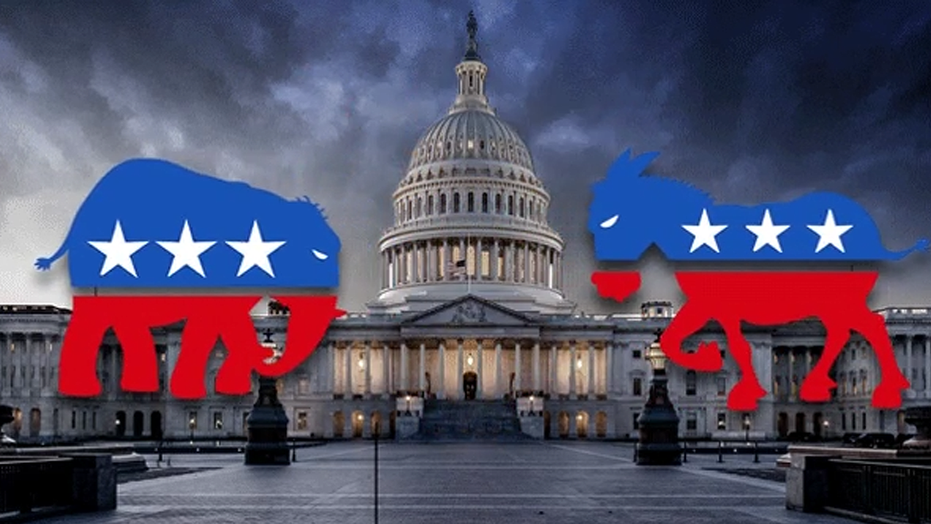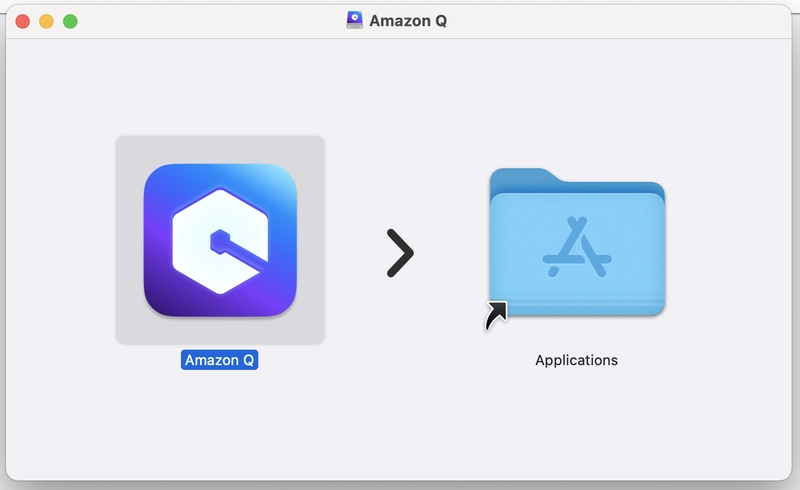Congress must act by August to prevent debt default, CBO warns
The Congressional Budget Office estimates that the federal government could default on its debt as soon as August unless Congress raises or suspends the debt ceiling.

The federal government could default on its debt as soon as August without action from Congress, the Congressional Budget Office (CBO) estimated on Wednesday.
In the latest projection, the nonpartisan budget scorekeeper said Congress must act to raise or suspend the debt ceiling by August or September, but it added the deadline could shift based on federal revenue and sending.
If the federal government needs to borrow more money than the CBO has projected, the Treasury Department's resources “could be exhausted in late May or sometime in June, before tax payments due in mid-June are received or before additional extraordinary measures become available on June 30.”
The debt limit caps how much money the Treasury can owe to pay the country’s bills.
It was last suspended in 2023 as part of a bipartisan bill struck between former President Biden and GOP leadership, staving off the threat of national default through early 2025.
The Treasury Department has been implementing so-called extraordinary measures to buy time for Congress and the White House to reach a deal to address the debt ceiling.
While it’s difficult to pinpoint a hard X-Date, projections become more precise the closer the government arrives to running out of cash. Revenue is also seen as a key factor in the timeline as the tax season heats up.
Earlier this week, the Bipartisan Policy Center forecasted the X-Date could fall between July and October, but it noted the potential for increased risk “in early June ahead of quarterly receipts on June 15,” if tax revenue comes in lower than expected.
However, recent reporting from The Washington Post has revealed that tax officials are expecting a drop in revenue this year as the Internal Revenue Service has become one of the latest targets in the Trump administration’s efforts to shrink the federal workforce.
Congressional Republicans are hopeful of using a wonky procedure known as budget reconciliation to allow them to increase the debt ceiling without Democratic support, along with enacting President Trump’s tax agenda, this year.
However, some Republicans have acknowledged debt ceiling action might not make the final cut as both chambers work to reach a broader compromise to advance Trump’s tax and spending priorities.
But Democrats are already warning Republicans that help from their party in raising the debt ceiling could come at a cost.
Updated at 10:39 a.m. EDT






















_kYeMsh2.png?width=1920&height=1920&fit=bounds&quality=80&format=jpg&auto=webp#)




















































